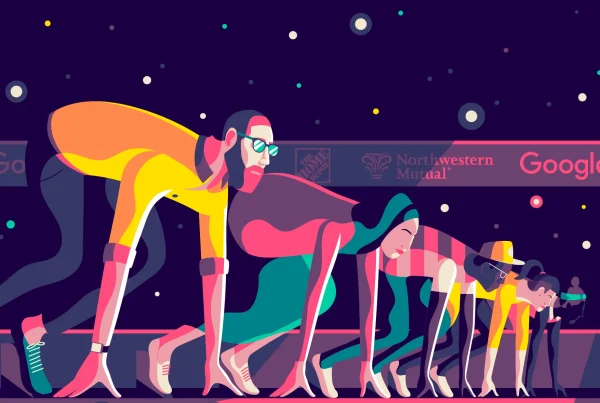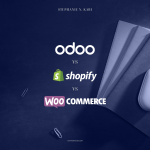In recent years, personalization has become a buzzword in the field of UX/UI design, with many designers and companies striving to create personalized user experiences that are tailored to the individual needs and preferences of each user. However, while personalization has the potential to provide users with more relevant and engaging content, it also raises a number of important concerns.
1. A Filter Bubble
One major problem with personalization in UX/UI design is that it can create a filter bubble, in which users are only exposed to information and perspectives that align with their own beliefs and preferences. This can lead to a lack of diversity and a lack of exposure to alternative viewpoints, which can ultimately limit the user’s ability to think critically and make informed decisions.
2. Dark behavior nudges
Another issue with personalization is that it can be used to manipulate and exploit users. By collecting and analyzing large amounts of data about users’ behavior and preferences, companies can use personalized user experiences to nudge users towards certain actions or decisions, such as making a purchase or sharing personal information. This can be particularly problematic if users are not aware of the personalization algorithms and are unable to opt out of them.
3. False Sense of Uniqueness
In addition, personalization can create a false sense of uniqueness and individuality. While personalized user experiences may make users feel like they are receiving special treatment, in reality they are often part of a larger pattern of behavior that is being tracked and analyzed by companies. This can lead to a lack of privacy and a feeling of being watched and controlled by unseen forces.
**
At the end of the day, while personalization has the potential to improve the user experience, it is important for designers and companies to consider the potential drawbacks and ethical implications of this approach. Instead of focusing solely on personalization, designers should strive to create user experiences that are inclusive, transparent, and respectful of users’ rights and privacy.




















